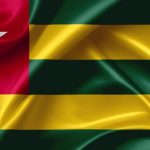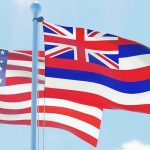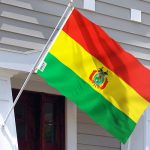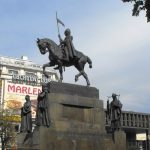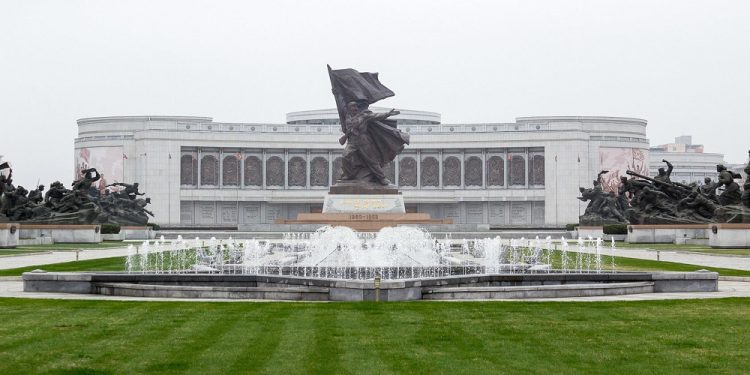
Day Of Victory In The Fatherland Liberation War
The Day of Victory in the Fatherland Liberation War is a public holiday that is observed annually in North Korea on July 27th. Although the name of this holiday might be a mouthful, it is a day that commemorates the signing of the armistice agreement in 1953 that brought an end to hostile activities between North and South Korea.
Although this armistice has ceased fighting on the Korean Peninsula, it didn’t officially end the Korean War. It was merely a cease-fire. This agreement, known as the Korean Armistice Agreement, was signed between China, the U.S., North Korea, and the United Nations. South Korea didn’t sign the agreement due to President Syngman Rhee’s refusal to accept a Korea that wasn’t unified.
The History of the Day of Victory in the Fatherland Liberation War
When the Japanese were ousted from Korea at the conclusion of World War II, the country split into two sovereign states. In 1948, the socialist state in the north of Korea was backed by the Soviet Union, and the capitalist state in the south was supported by the U.S. Both of these states were unhappy with the result of a divided Korea, however, and tensions soon escalated.
On June 25th, 1950, the Korean War officially began when the North Korean military crossed into South Korea. This force was supported by both China and the Soviet Union. The United States backed South Korea and provided them with military support.
After three years of war, it was estimated that 10% of the overall Korean population, or about 3 million Koreans, were killed, injured, or missing. The war also saw approximately 40,000 Americans killed and more than 100,000 wounded.
By 1951, the war had reached a stalemate, but it still took approximately two years for all sides involved to come to an agreement. On July 27, 1953, the Korean Armistice Agreement was signed by China, the United States, North Korea, and the United Nations. This armistice is only a cease-fire of hostile actions on the peninsula; however, that means that Korea remains to this day in a state of war.
Observing the Day of Victory in the Fatherland Liberation War in North Korea
This holiday is observed with military parades, assemblies by the North Korean military, and the raising of the North Korean flag. Many of these events are also televised for the general public. Since it is a public holiday, non-essential government offices, schools, and businesses are closed.
